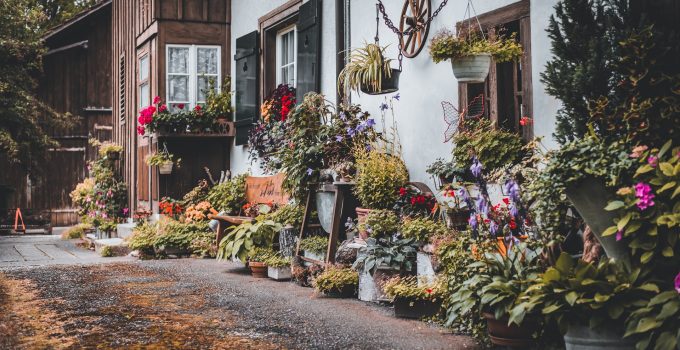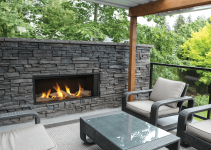Buying a property is truly a milestone, especially if you will get a chance to design your own space, as this is an excellent opportunity for you to showcase your personality. It would be great to have a garden that is already arranged, but if you have extra time in building your home, including your garden, it would be better to build and design your garden right from the start.
But how do you start a garden from scratch? This might be a great challenge, especially if you don’t have much knowledge and experience in gardening. The good thing is that you can now search online on how you can go about making a garden. OutdoorArtPros.com has been the go-to website for those people who want to build, restore, and revamp their gardens; the website is filled with great items that you can add or install. Some find the blogs in the website helpful, too, in regards to outdoor design ideas and tips.
For one, making a garden, especially if it’s your first time doing it, can be a little stressful. I mean, you don’t want to just put random plants in odd-looking structures in the outdoor space, right? You would want your garden to be the extension of your house interior. So here are some of the practical things that you can start with:
1. Pick the purpose and concept that you want for your garden.
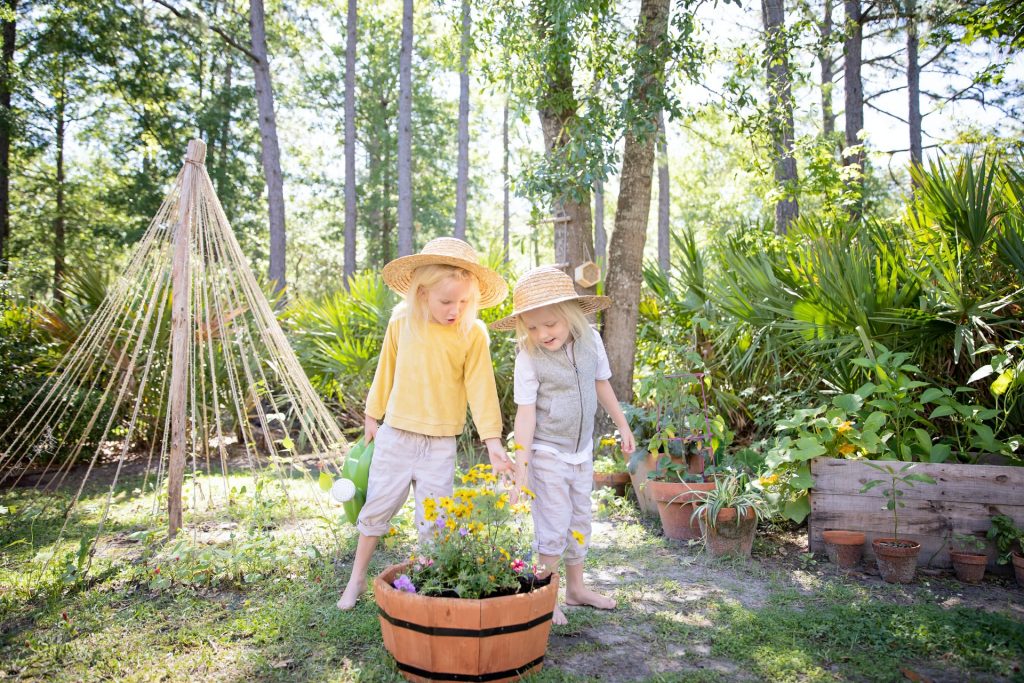
Source: unsplash.com
Before getting started, you should know what you want to achieve with your garden. Using this will allow you to utilize space better. For example, when your children need space to run, you don’t want to construct a large rest area.
Also, when looking into having a spot for the entire family to enjoy, this does not mean simply looking at one aspect of your garden; it is a location where everyone in your family can have fun. It’s more of a matter of dividing it into as many increments as are required for everyone’s needs.
Decide whether you want your garden to be a place where you can relax, an outdoor space where you can grow your organic food, a spot where your kids and pets can play, an area where you can spend the weekend barbeque, or a combination of all.
With these things in mind, that’s where you can start identifying the key points in the outdoor space.
2. Look for inspiration for your garden.
Once you’ve determined your garden’s focal point, begin looking for inspiration. There are many viable options available, but with the current situation when it’s not yet totally safe to go out, browsing through ideas online would be your best avenue. This may be one method or a combination of these techniques that you prefer. When it comes to collecting gardening ideas, there is no one-size-fits-all solution.
Nonetheless, you can start checking out some garden and homemaking magazines to look for designs. This is something you may want to begin with, especially if you’ve never worked on a garden project because magazines are more upfront depending on the magazine bought out of the store. Another great thing to do is going to your favorite parks to get some landscaping ideas for your own outdoor space.
3. Decide how your garden will look like.
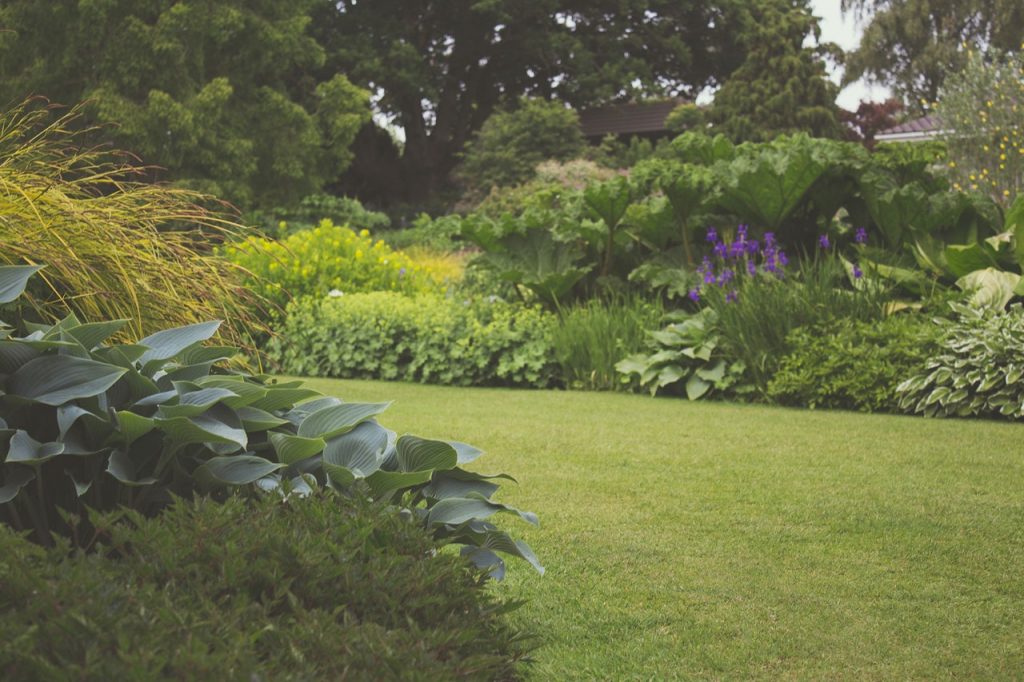
Source: pexels.com
A quick examination of your mood board may reveal a new look that you like. While some people like specific styles or favor specific colors, other people have a lot of that particular color for their garden. Alternatively, it may be that you value the distinctions that you have and want to preserve them, or perhaps you have a sizable yard that can handle multiple viewpoints.
If you’re searching for a reasonably common term but that you have never seen before, leaving out these common elements will help you streamline your search and give you a better understanding of things that might not work.
Many resources exist on garden design, but your garden is yours to create.
4. Be your land surveyor for your garden.
This phase is going on the technical side of making your garden. Other than knowing the measurements in your outdoor space, there are other important things that you will need to consider in making sure that your garden is balanced:
- You must be familiar with the climate of the area that you live in. Plants that would grow naturally in their surroundings are used to create the healthiest and most manageable gardens. Even if you live in a climate-challenging environment, such as an exposed and windy location or near the sea with salty winds, there is a lot you can do to make your garden more welcoming to a wide variety of plants.
- You must assess the soil in your garden. A healthy, beautiful garden begins with healthy soil. Understanding the type of soil you have will assist you in determining which plants you can grow and how well they will thrive once planted. Additionally, it is beneficial for landscaping projects, as certain materials are more difficult to work with than others. Also, it’s recommended that you determine the acidity level of the soil in your garden. Certain plants thrive in acidic ericaceous soil, whereas others thrive in alkaline lime soil. Test the pH of the soil in various areas of your garden, as it may vary.
5. Draft the blueprint for your garden.
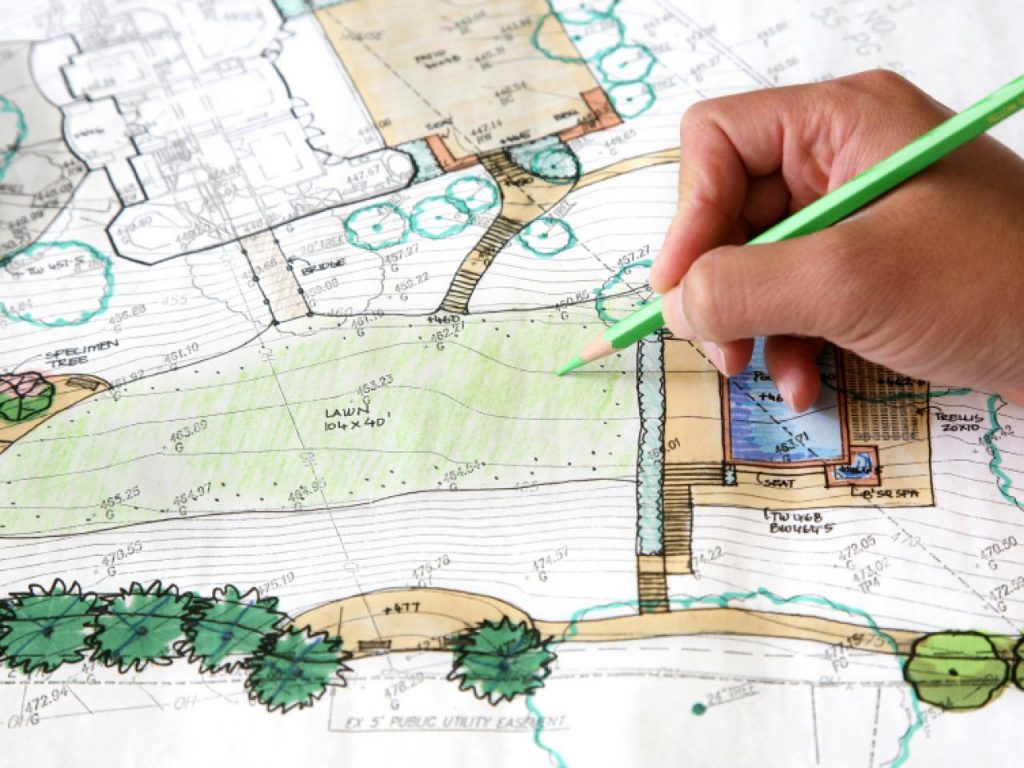
Source: hgtv.com
Drawing out the original plan on paper and then implementing the new features. Exploring the shapes and sizes of the new features can help you determine which ones work best in which locations. You can begin with any large items such as water features or garden structures. This will help you discover how much space is left and how the remainder of the garden will be affected.
Seek balance and eliminate any differences between the various sections to prevent the impression that one spot is overburdened while the others are underutilized. Remember how much space you have to work with, and choose the proportional features to that.
Keep in mind that tasks needing the assistance of professionals should not be completely disregarded, regardless of your reasons. Additionally, unless you require immediate or critical repairs or replacements, you should seek advice and assistance from those with expertise and experience working in gardens and outdoor spaces.

